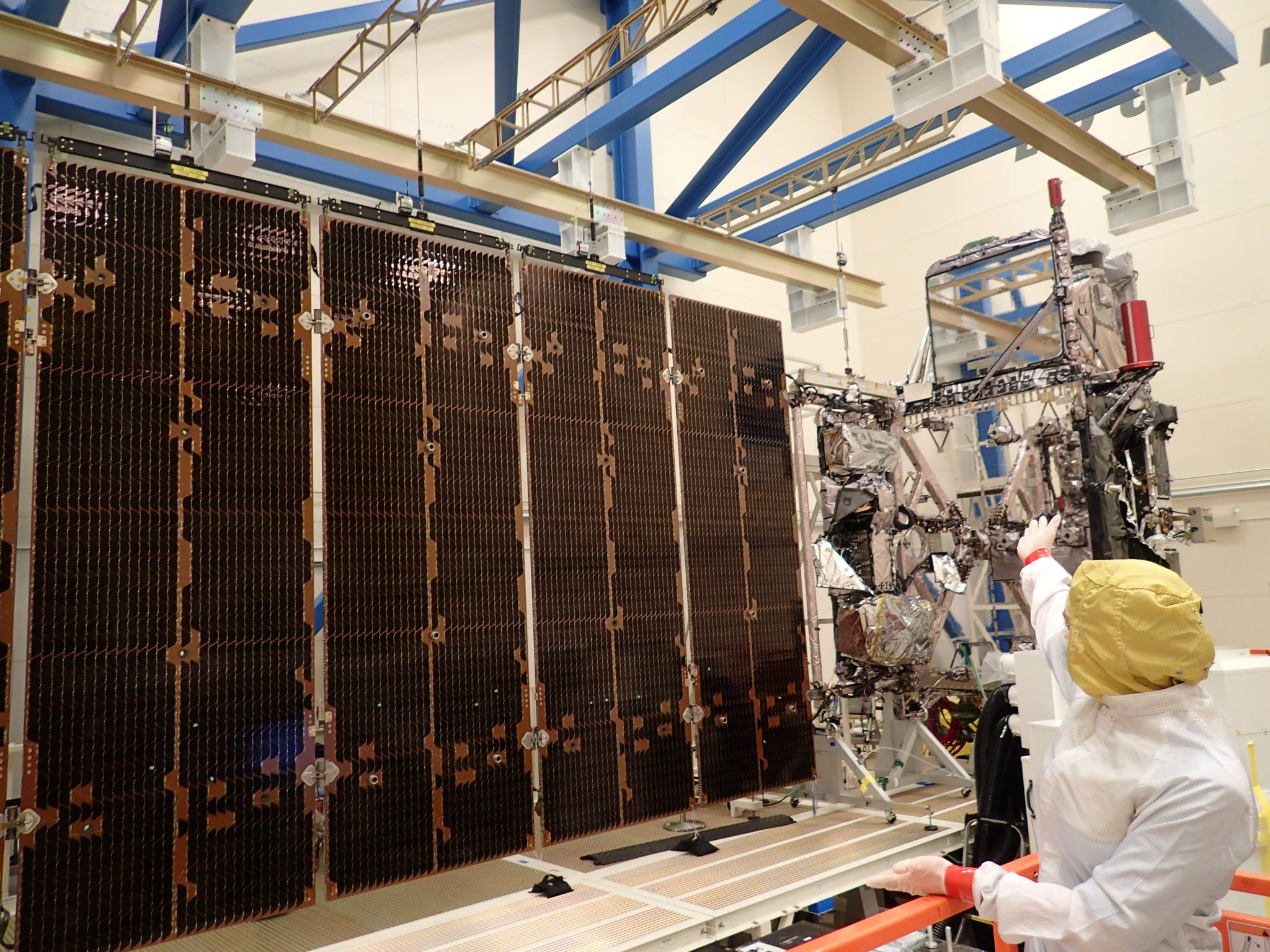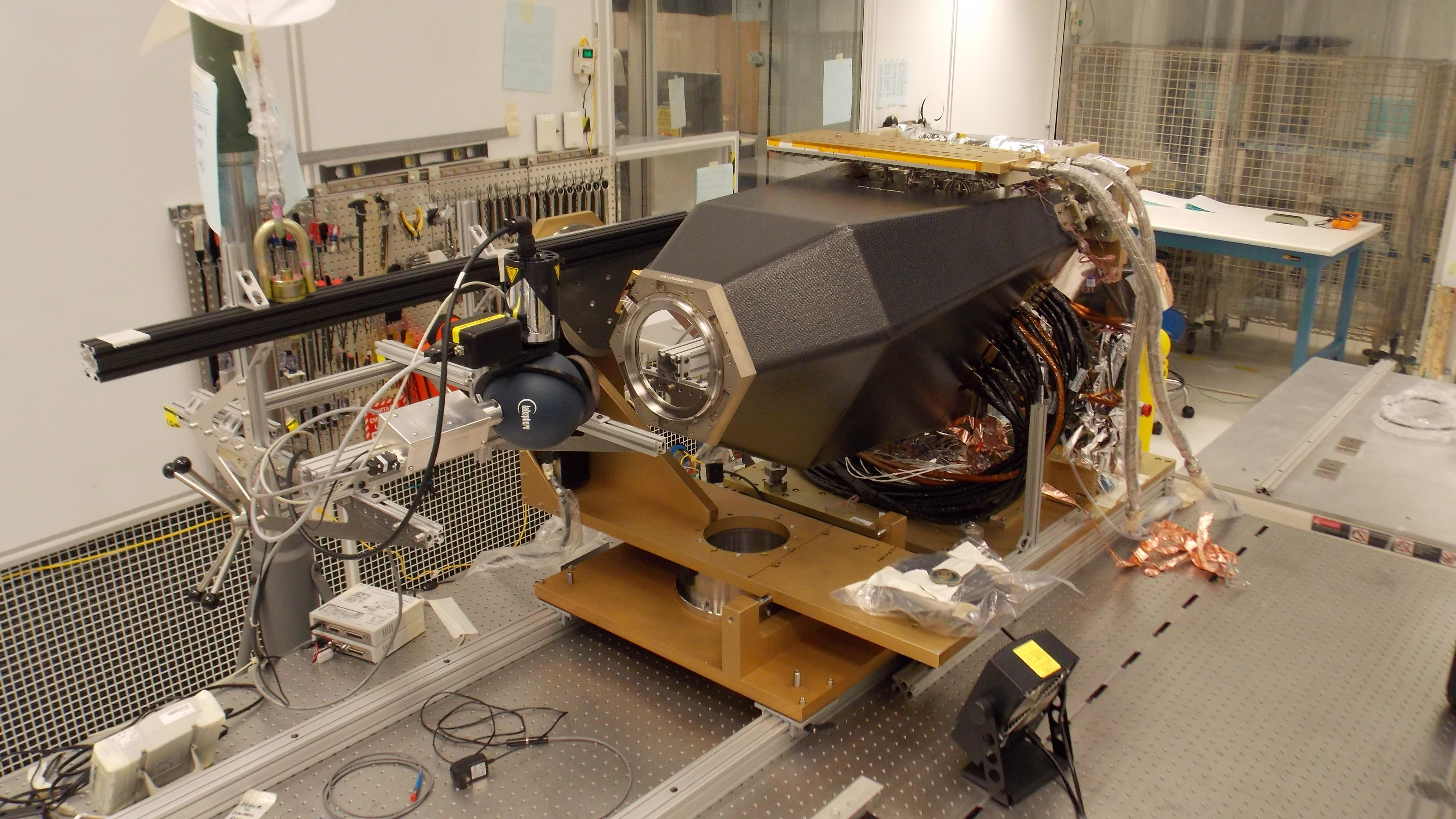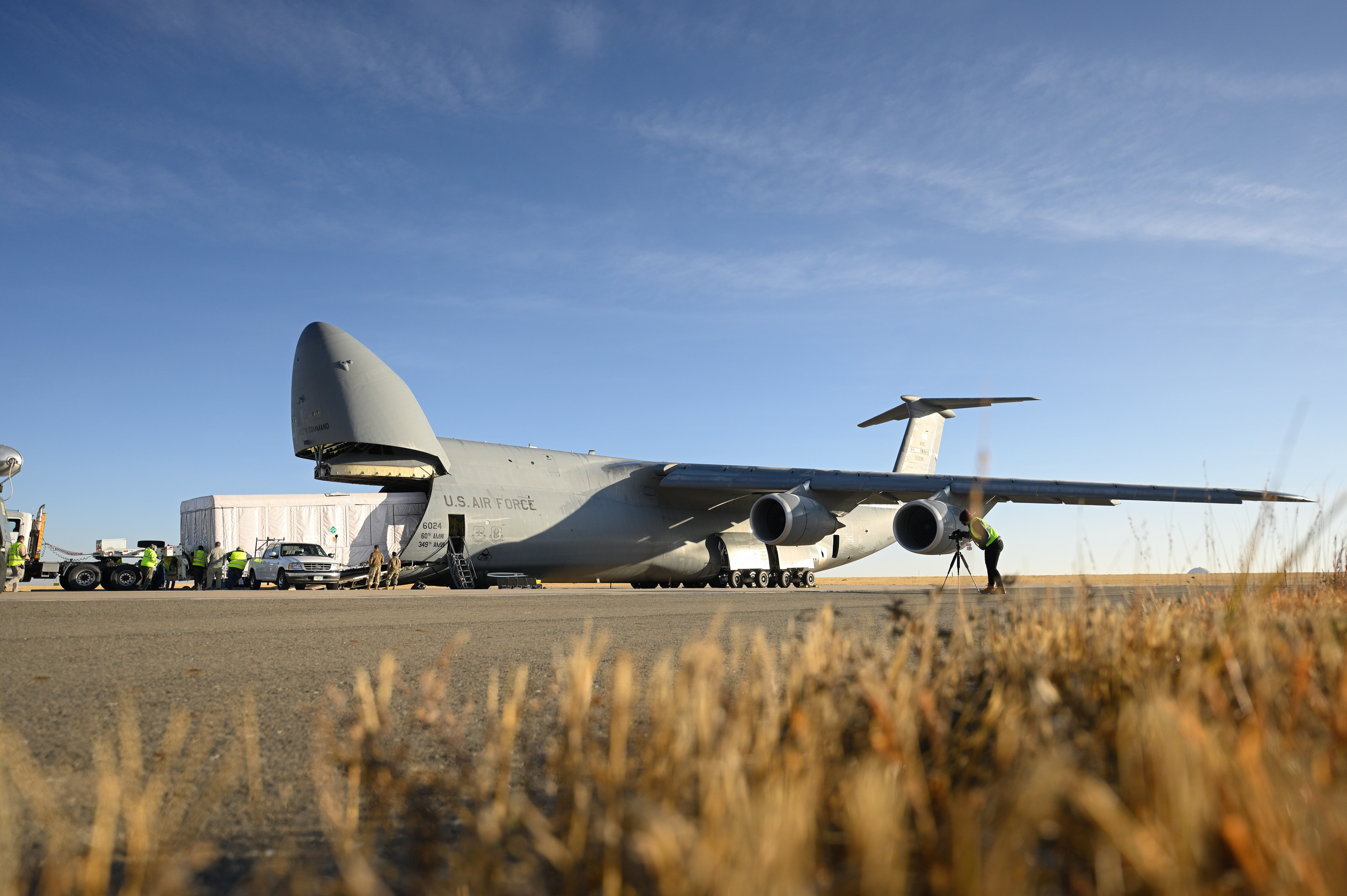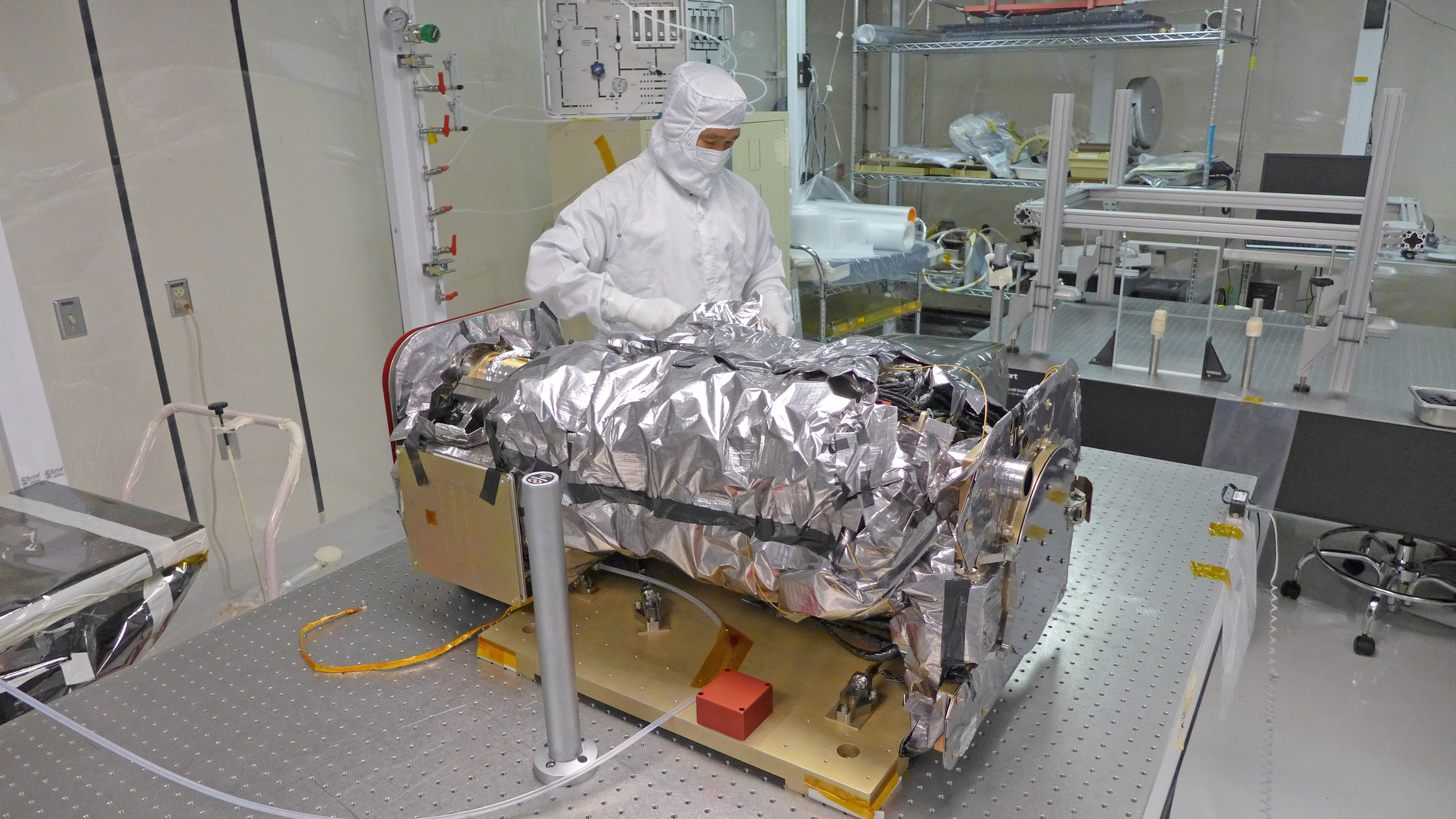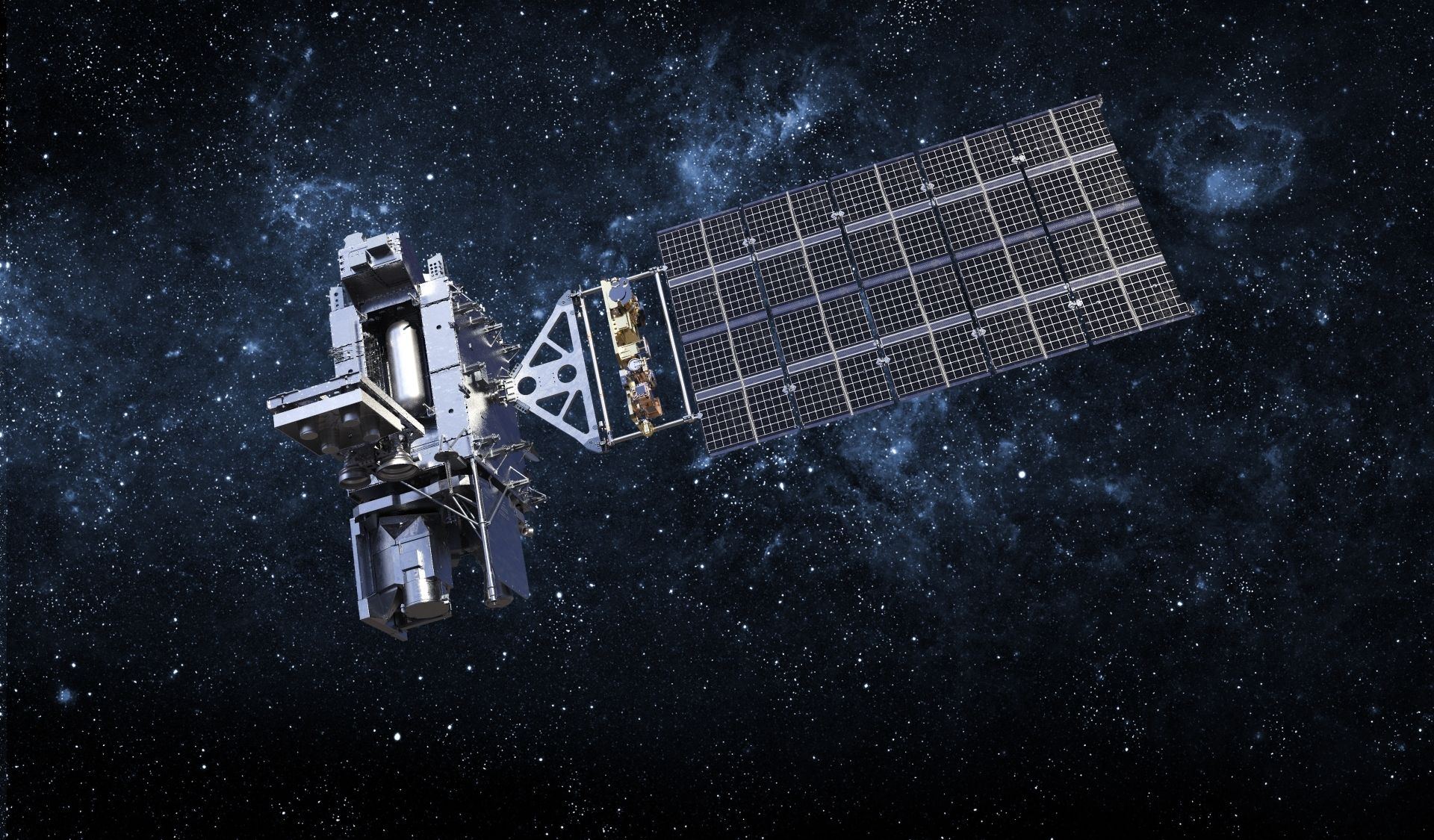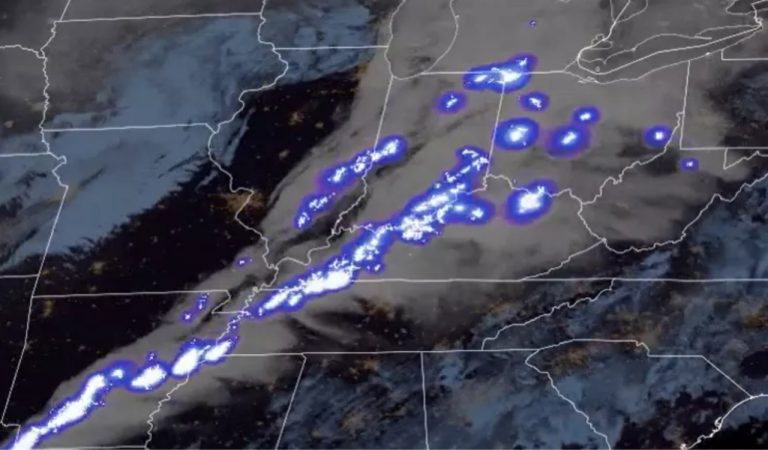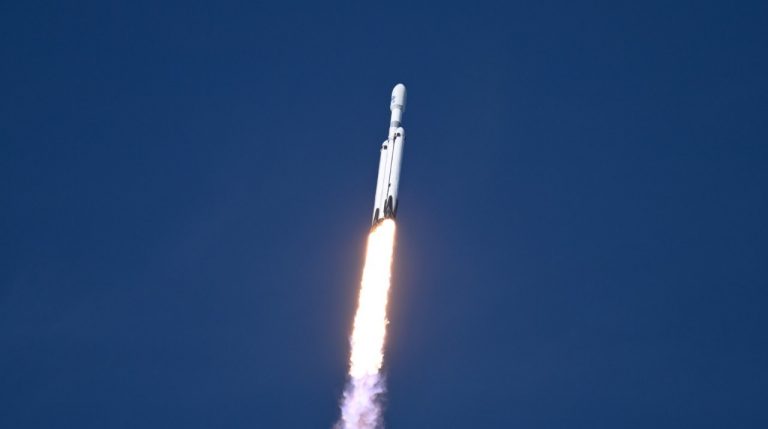Next-generation weather satellites
NOAA’s Geostationary Operational Environmental Satellite (GOES) spacecraft have been delivering reliable weather forecasts for decades. Now, the Lockheed Martin-built GOES-R satellite series provides more timely and accurate weather forecasts than ever before.
The GOES-R series delivers crucial atmospheric, hydrologic, oceanic, climatic, solar, and space data, greatly enhancing the detection and observation of environmental phenomena that impact public safety, property protection, and the nation's economic health.
These four satellites give expert forecasters the imagery and data needed to predict and analyze weather conditions on Earth and in space, helping them making split-second decisions to save lives and property.
GOES-R
GOES-S
GOES-T
GOES-U
Lockheed Martin awarded GeoXO Lightning Mapper (LMX) contract by NASA
On September 17, 2024, following the success of the Geostationary Lightning Mapper instruments on the GOES-R series of satellites, Lockheed Martin was awarded a contract from NASA to develop and build the next-generation GeoXO Lightning Mapper (LMX) instruments for the National Oceanic and Atmospheric Administration (NOAA). This follows Lockheed Martin's contract award to design and build the GeoXO spacecraft issued on June 18, 2024.
Enhanced Weather and Climate Data
GOES-R satellites provide forecasters in the U.S. and western hemisphere with sharper, more defined images of severe storms, hurricanes, wildfires and other weather hazards.
The series also aims to generate significant benefits to the nation in the areas of climate monitoring, ecosystems management, commerce and transportation.
Beyond Weather Observation
In addition to severe weather monitoring, GOES-R instruments and data help:
- Identify volcanic eruptions, including those under the ocean, like the recent event near Tonga
- Measure land and sea surface temperatures to track drought conditions and warming oceans
- Provide early alerts to emergency responders for wildfires, including those caused by lightning strikes
- Observe solar flares that could impact telecommunication on and around Earth
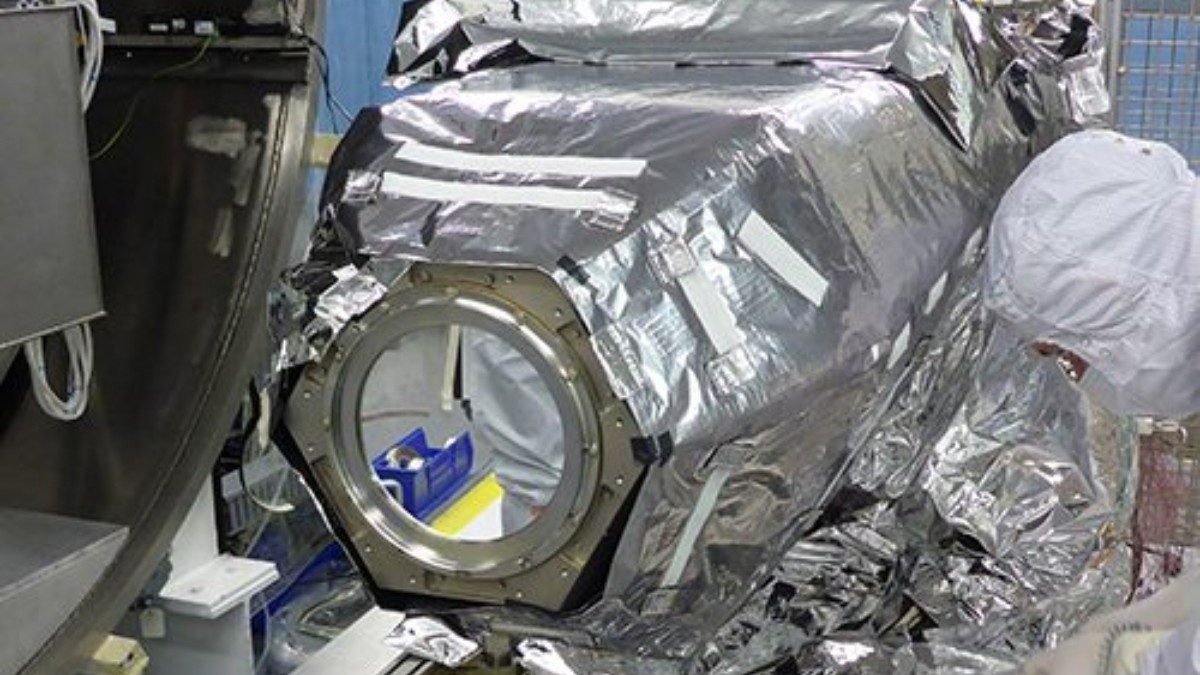
Geostationary Lightning Mapper (GLM)
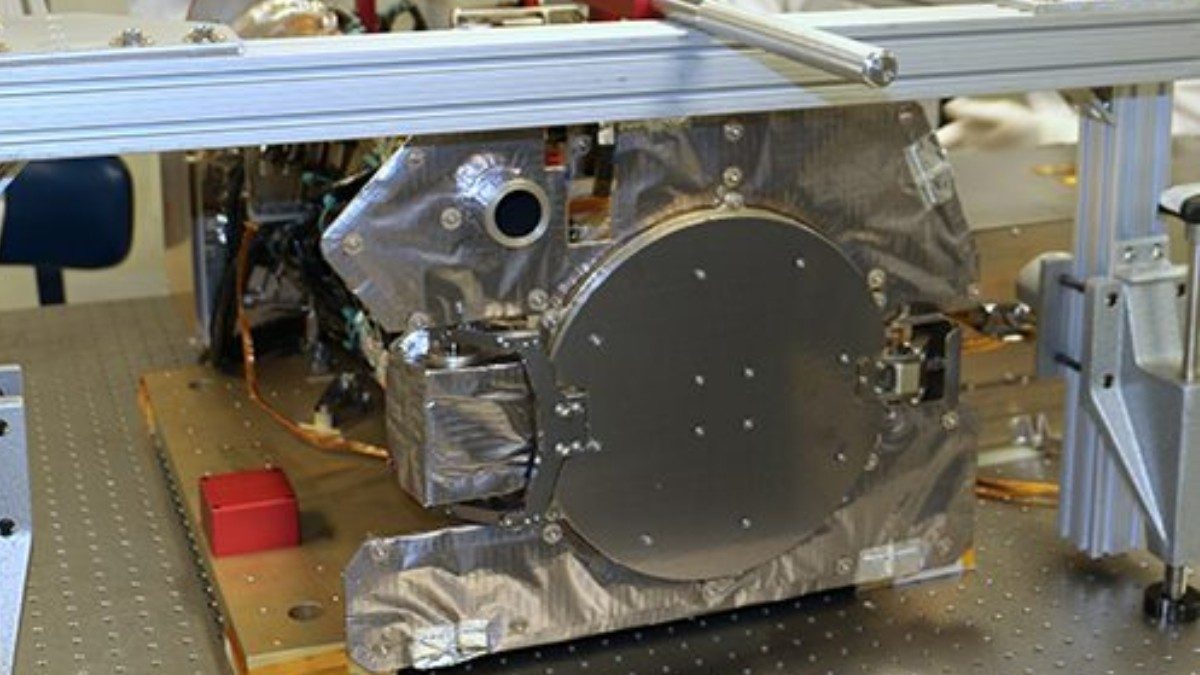
Solar Ultraviolet Imager (SUVI)
In addition to GLM and SUVI, the Magnetometer, Advanced Baseline Imager (ABI), Extreme Ultraviolet and X-ray Irradiance Sensors (EXIS) and Space Environment In-Situ Suite (SEISS) instruments are also aboard the GOES-R series of satellites. GOES-U will premier the Naval Research Laboratory’s Compact Coronagraph-1 (CCOR-1) when it launches in June 2024.




